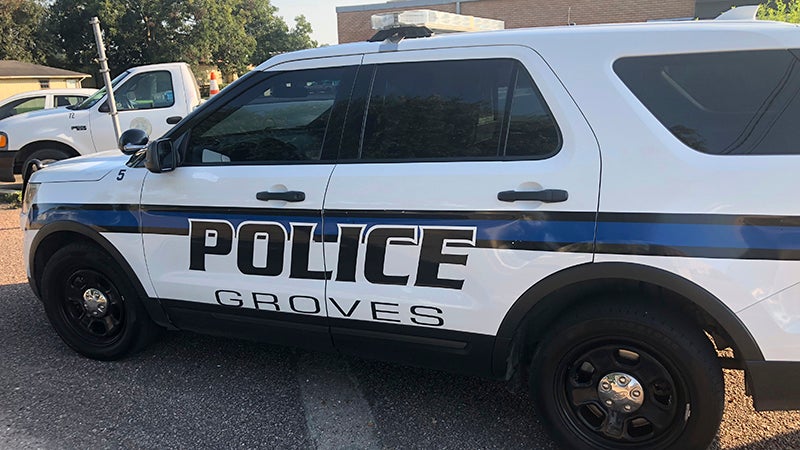Treatment now available for local COVID patients; doctor says it can be “life-saving” for most vulnerable
Published 3:06 pm Wednesday, February 3, 2021

- CHRISTUS Southeast Texas Health System officials unwrap a COVID vaccine shipment.
|
Getting your Trinity Audio player ready...
|
BEAUMONT — CHRISTUS Southeast Texas St. Elizabeth patients have access to a monoclonal antibody therapy for treatment of mild-to-moderate COVID-19.
The therapies, known clinically as Bamlanivimab or Regeneron, are administered through infusion in COVID-19-positive patients who are at greater risk for hospitalization.
Vice President of Medical Affairs Dr. Waqar Ahmad said this treatment can be life-saving to those who are most vulnerable to severe illness.
“It is important for patients to know how valuable this treatment is in fighting off the virus,” Ahmad said.
Monoclonal antibodies are proteins created in a lab that mimic the immune system’s ability to fight off the virus.
The therapy received emergency use authorization from the FDA for treatment of mild-to-moderate cases of COVID-19 infection. Results in clinical trials indicate the therapy is beneficial when given early, before a patient’s immune system has mounted an antibody response.
“This means it is important for people to be evaluated by their physician or at an Urgent Care clinic at the first sign of symptoms,” Ahmad said.
CHRISTUS officials said St. Elizabeth is the only hospital in Port Arthur or Beaumont to offer a therapy clinic to help prevent hospitalizations of select COVID patients.
This treatment requires a physician referral and is reserved for patients who are at increased risk for severe illness and have underlying medical conditions including BMI greater than 35, chronic kidney disease, diabetes mellitus, immunosuppressive disease, those receiving immunosuppressive treatment/therapy, age over 65, cardiovascular disease, hypertension and chronic lung/respiratory disease.
The therapy requires an intravenous infusion and monitoring after the procedure.
The process takes a few hours and is offered for scheduling on Monday through Friday.
Patients are encouraged to speak with their primary care physicians to see if they are a candidate for this new treatment.





